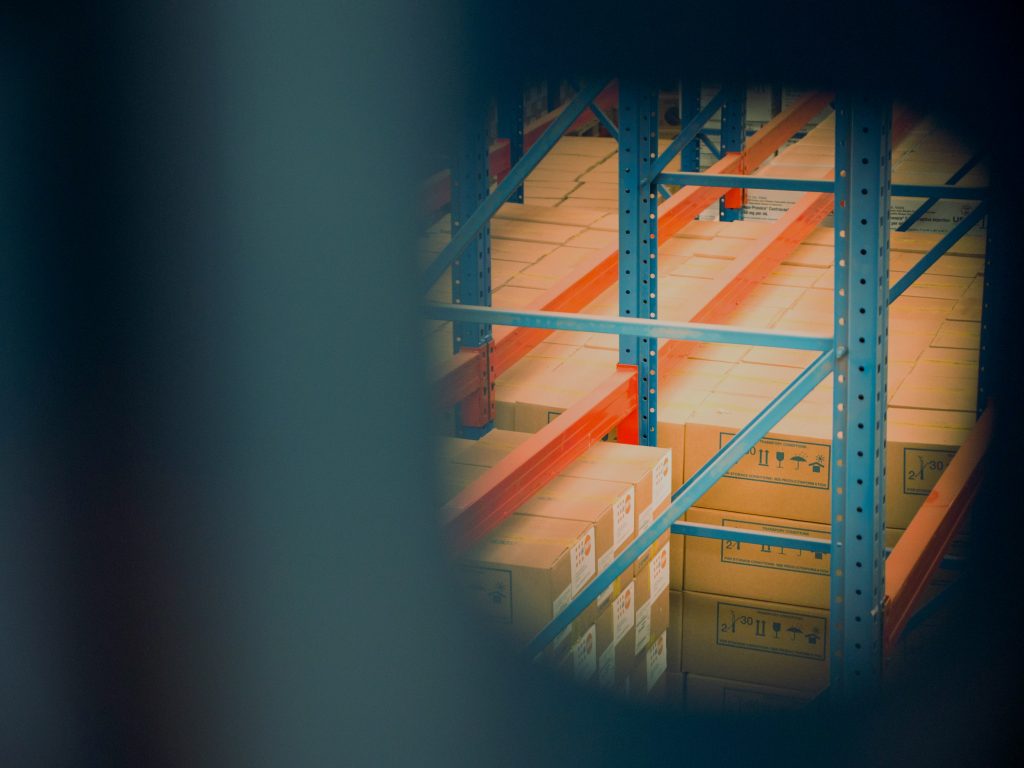
For many years a large number of our manufacturing and retail businesses have been able to rely upon sourcing raw materials from local, regional and international providers. In many cases this has involved production facilities in China, India and the Far East generally. The obvious reason for this has been the need to acquire goods as cheaply as possible to ensure that outputs and profits can be maximised. This has been perhaps one of the most problematic areas, particularly for the retailers in the clothing sector, where very low cost producers have been described as “sweatshops” and accused of employing child labour. Ethical sourcing has therefore become an important consideration for consumers, which has stimulated an increasing trend to buy more locally and to ensure that both ethical and sustainable standards are adopted in making the goods that we are reliant upon.
Against this background, we have also known that remotely procuring goods and materials from outside the region is extremely inefficient and does little or nothing to enhance the local economy. There has therefore been a strong push to try and achieve “local” procurement. Our Local Authorities have led from the front on this. Both our District Councils are forerunners in delivering this. Devon County Council now sources more than 50% of its huge procurement budget from local sources. The economics of this is very simple. Souring locally means that for every pound spent, it circulates within the local economy by x 2.5. The evidence to substantiate this could not be stronger than in the construction industry where both local suppliers and locally sourced labour mean that every new house generates an additional 2.5 local employees and benefits a wide range of suppliers, including builders merchants, sub-contractors and the like.
We also had a stark illustration of this all the way back to the days of Foot & Mouth when we learnt that every farm, where the majority of purchases are from local sources, was reliant upon and supporting around 25 local businesses.
This trend has recently taken a big turn in the right direction. According to the latest statistics, around a third of UK businesses who have been sourcing from outside the UK are now bringing their supply chains closer to home (Friendshoring). About one in every four firms that have part of their supply chain in China have recently announced that they intend to move away from what is the worlds second largest economy. The reasons for these decisions are complex but events such as the war in Ukraine, also the war in Gaza, coupled with disruptions such as those being seen routinely in the Red Sea, have prompted many companies to seek suppliers from regions less exposed to Geopolitical risks. It has been a painful lesson for many countries in Europe to address these challenges. The sanctions on Russian energy supplies have exposed how hopelessly over exposed and over reliant Europe had become on cheap Russian energy. This has now been replaced to a large extent by more expensive imports from the United States in the form of liquefied natural gas (mostly produced by fracking). This trend has also been influenced by increasing costs and reduced labour markets in places like China, which previously had cheap and plentiful labour which sparked a mass movement of manufacturing from West to East.
Recent events have opened up a great opportunity for Northern Devon to develop its own local supply chain. Apart from the obvious benefits to the local economy, this also helps to reduce carbon emissions (green miles travelled). Invariably, it enables much faster delivery supplies. Many local suppliers are more accessible and responsive and therefore flexible to locally based customers. There is good evidence to show that local supply chains invariably work on a “cooperative” basis, this form of collaboration can lead to innovation, knowledge sharing and more consistent quality thresholds. In many cases, this can help to overcome issues to do with regulations. There is also no doubt that consumers recognise the brand value of locally sourced products and will actively prefer these to goods made where the source is unknown.
This trend is something which Northern Devon can excel at, we should all consciously support this initiative.









